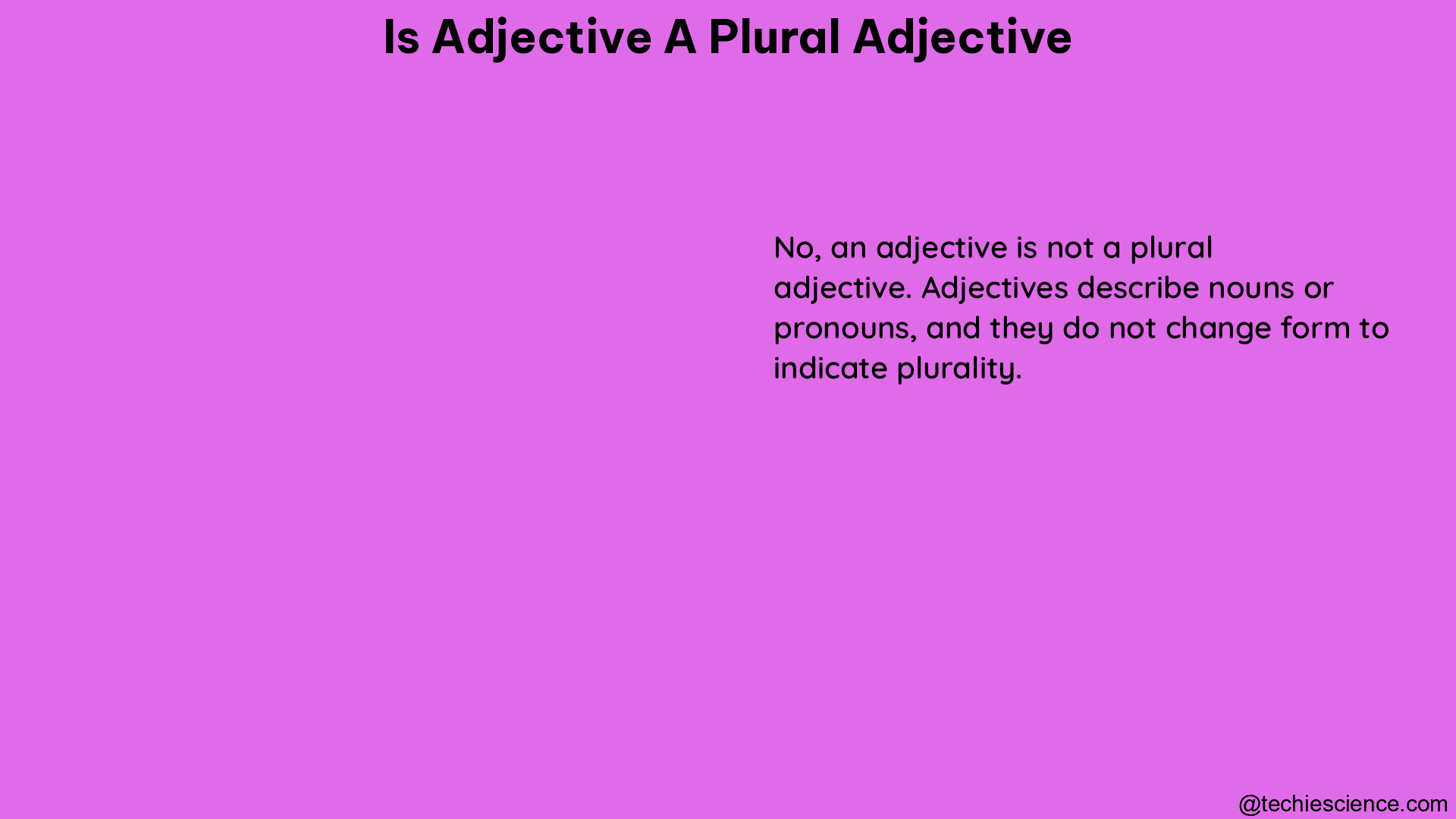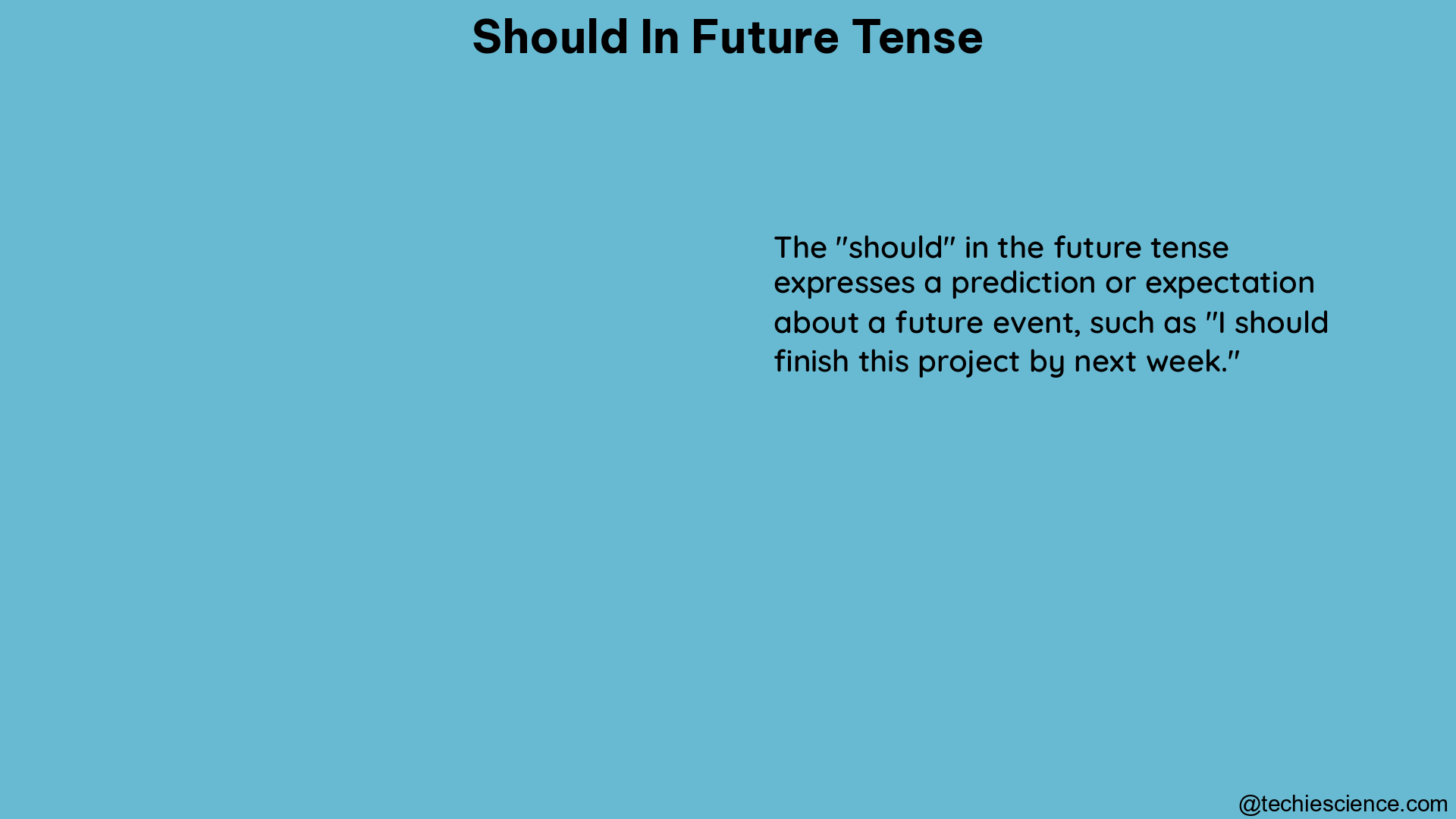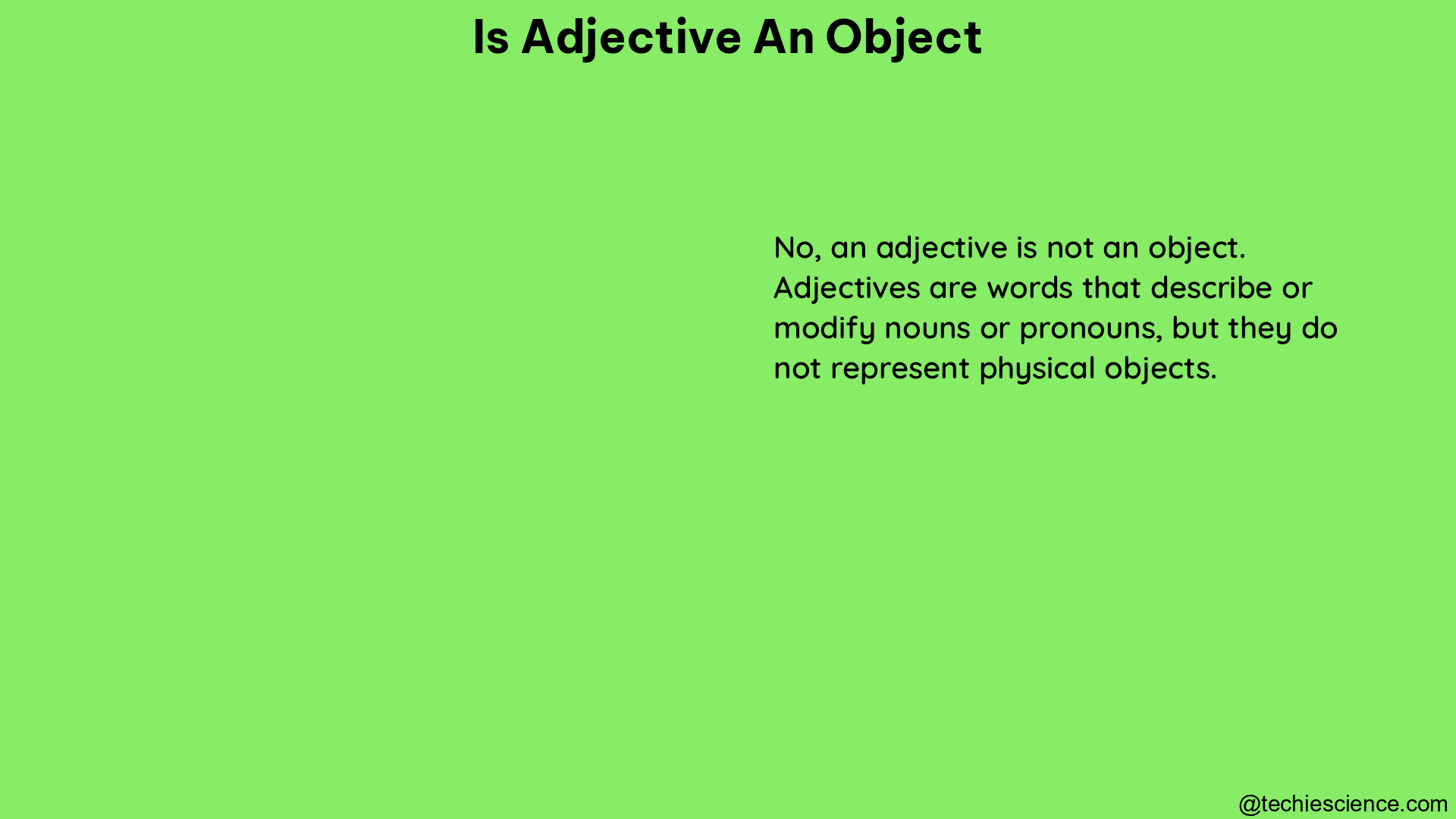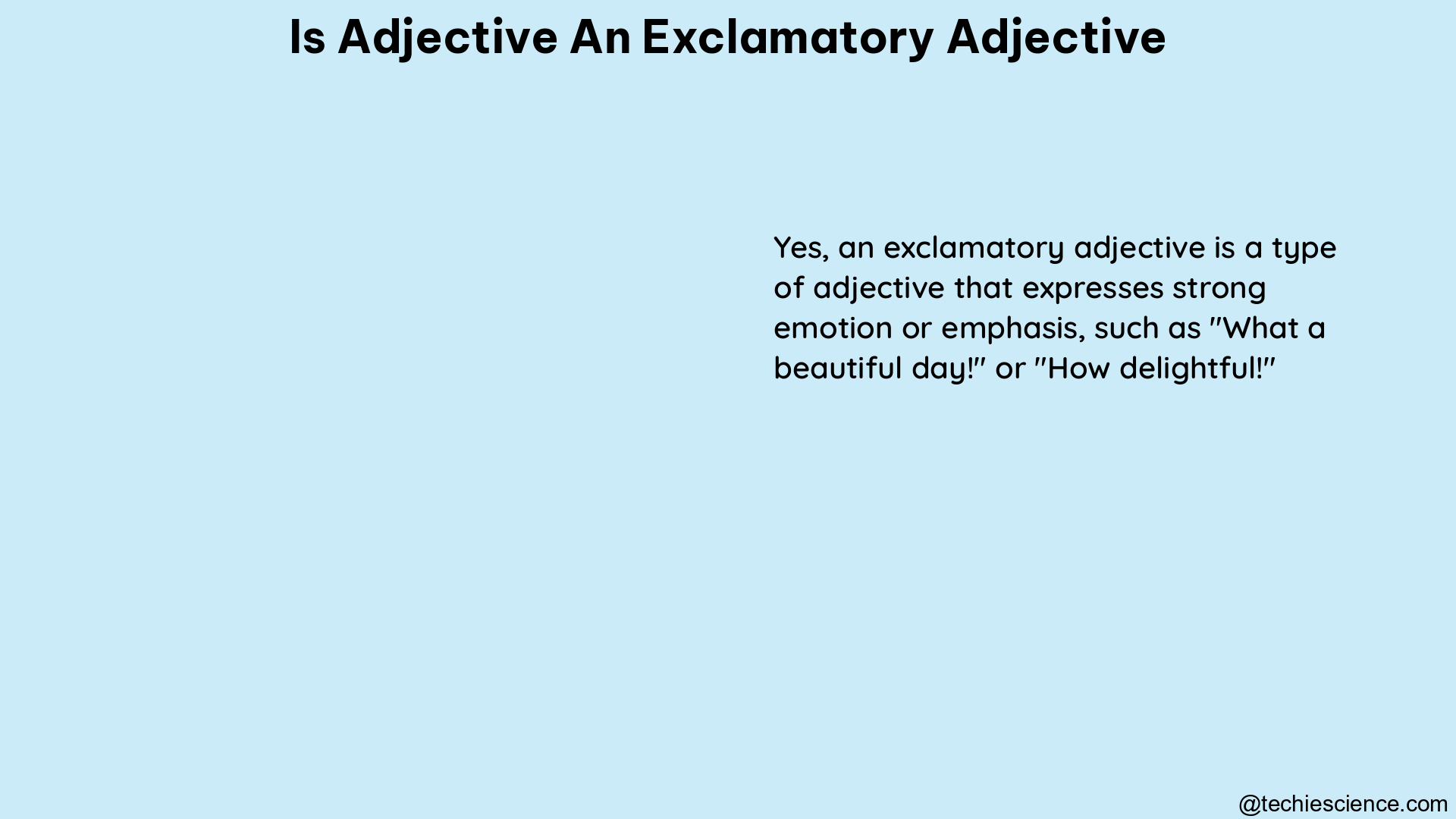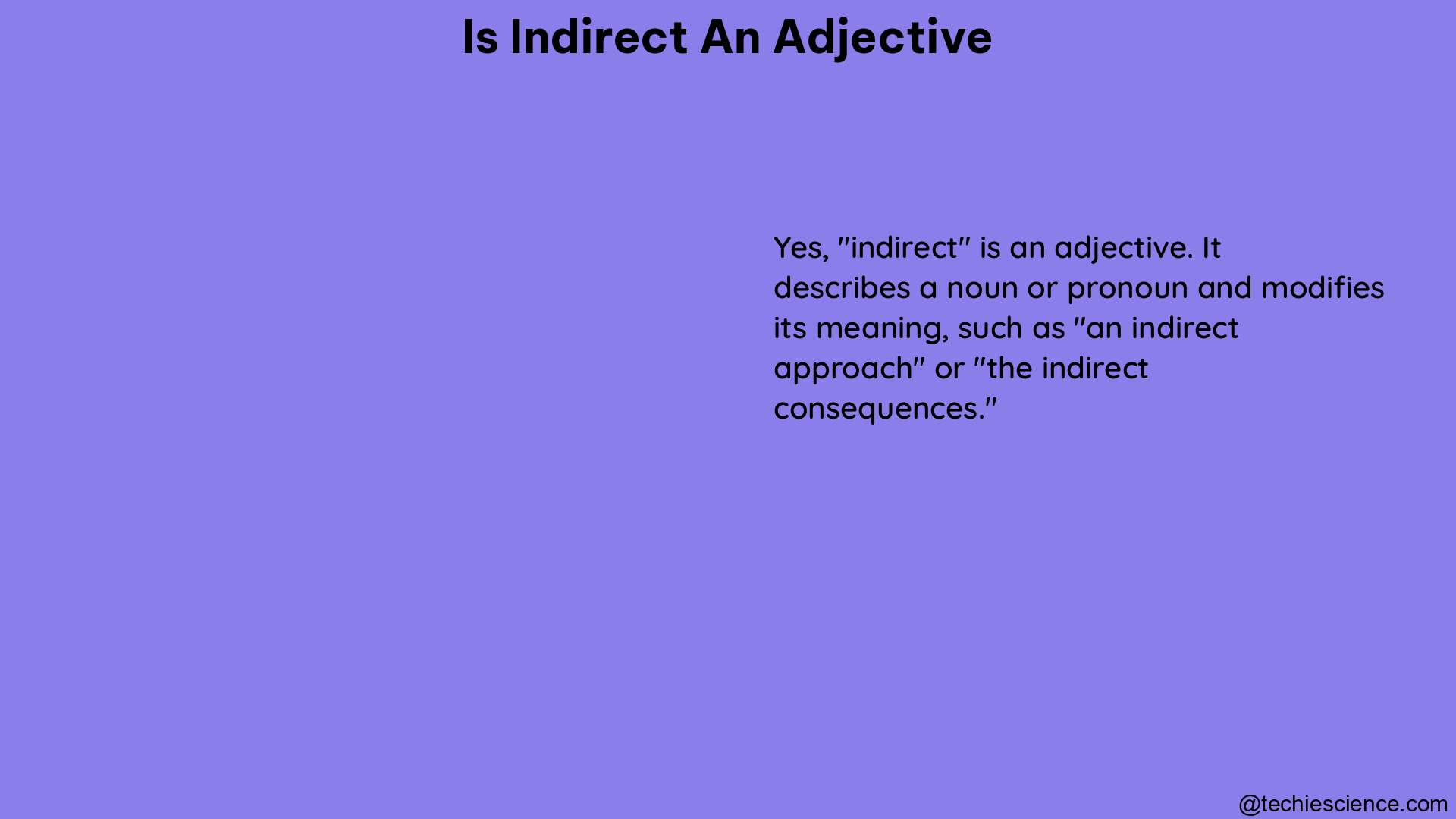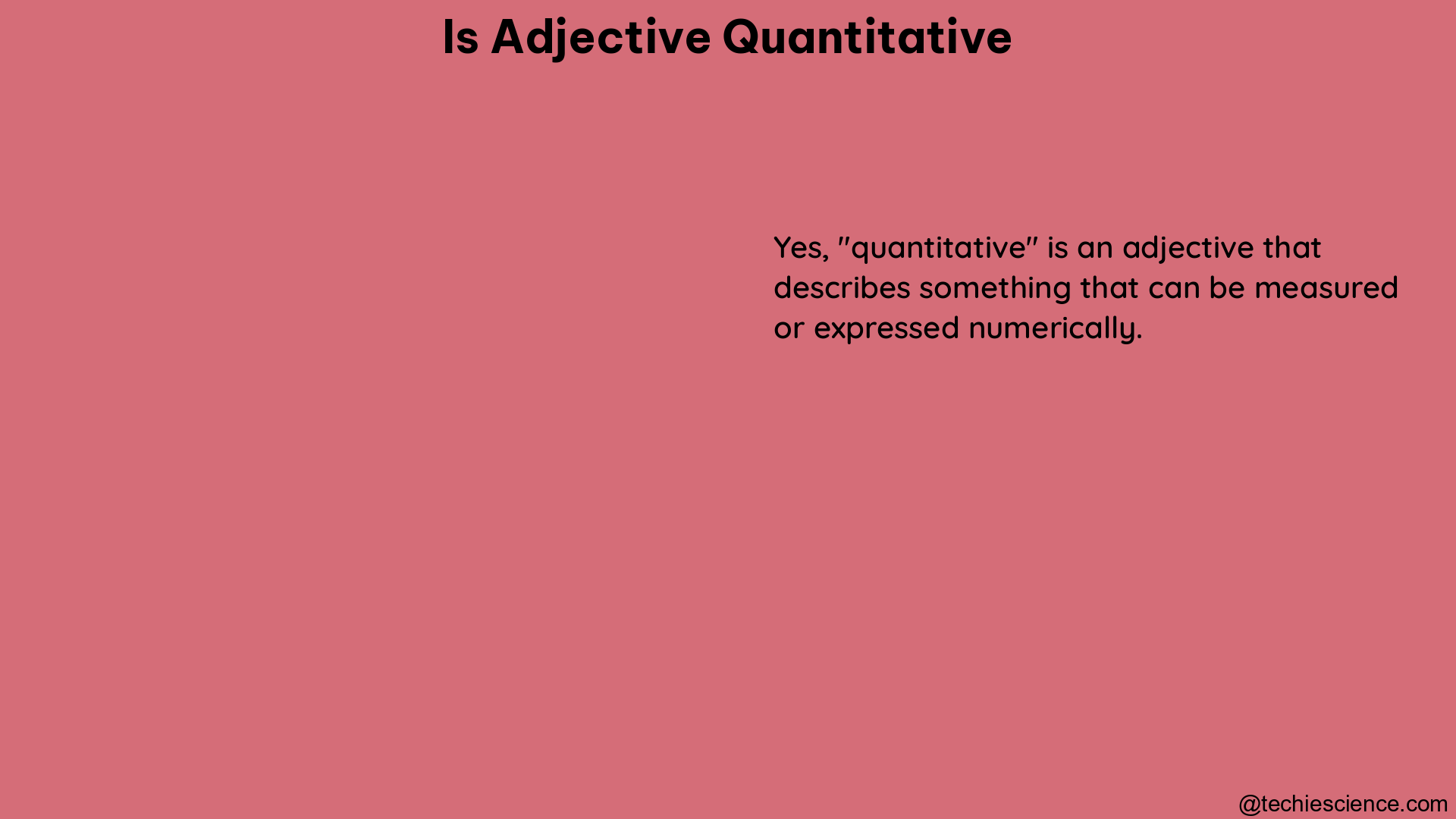Abstract adjectives refer to those words which can be used to describe not any physical or concrete form of noun or noun equivalent but to describe an idea, quality or state of noun or noun equivalent.
- Mina is anxious about her dance performance in her college festival.
- Arnab is proud to be a part of literacy campaign of the society.
- The painting of the rose flower drawn by Mina is very beautiful.
- Children love to play with dogs as dogs are always joyful.
- Mina always receives low grade in assignments as she is stupid.
- Arnab’s loyal dedication to his boss brought promotion for him.
- Sandip is brave as he has decided to join army to save our nation.
- Lucky Mina easily got adopted by her foster parents.
- We can’t calm down the chaotic atmosphere in the police station without interference of senior officers.
- Please tell me the reason behind your sorrowful appearance.
- Mina needs to control her compassionate nature as others are taking advantage of it.
- Mayukh needs to be tolerant while teaching children.
- Monks are quiet wise to leave all the earthly pleasures.
- Luxurious Sea Blue hotel at Pune is best to enjoy holidays.
- Arnab is curious to know the truth of the flood news.
- Sandip is quiet generous to handle the pathetic situation wisely.
- Mature Pradip always provides mature suggestions for his NGO.
- Successful voice change presentation made Pradip famous among students.
- Painful Himalayan trekking is a desire of every mountain trekker.
- Arnab has broad shoulder as he is a professional weight lifter.
- Mina’s humorous behaviour makes everyone happy and full of joy.
- Many couples portray rainy season as most romantic season of the year.
- Every household chores comes to Joy as he is very responsible person.
- Arnab’s imaginative nature helps him to draw wonderful pictures.
- You must not be jealous with your competitors rather you should put your best foot forward to win over.
- Opinionated Pradip always becomes victim of the situation.
- You are strong enough to carry both the luggage bags.
- Warm liquid chocolate is best to enjoy in rainy season.
- Witty Arnab is always center of attraction in every family get together.
- Short Physical Science lessons are easy to understand.
- Hot chicken curry with brown rice is the best combination for lunch.
Explanation 1 – Here, the word ‘anxious’ can be marked as an abstract adjective as it is an abstract concept which doesn’t carry any physical or concrete form while describing the proper noun ‘Mina’.
Explanation 2 – Here, the word ‘proud’ can be marked as an abstract adjective as it is an abstract concept which doesn’t carry any physical or concrete form while describing the proper noun ‘Arnab’.
Explanation 3 – Here, the word ‘beautiful’ can be marked as an abstract adjective as it is an abstract concept which doesn’t carry any physical or concrete form while describing the material noun ‘picture of rose flower’.
Explanation 4 – Here, the word ‘joyful’ can be marked as an abstract adjective as it is an abstract concept which doesn’t carry any physical or concrete form while describing the common noun ‘Dog’.
Explanation 5 – Here, the word ‘stupid’ can be marked as an abstract adjective as it is an abstract concept which doesn’t carry any physical or concrete form while describing the proper noun ‘Mina’.
Explanation 6 – Here, the word ‘loyal’ can be marked as an abstract adjective as it is an abstract concept which doesn’t carry any physical or concrete form while describing the proper noun ‘Arnab’.
Explanation 7 – Here, the word ‘brave’ can be marked as an abstract adjective as it is an abstract concept which doesn’t carry any physical or concrete form while describing the proper noun ‘Sandip’.
Explanation 8 – Here, the word ‘lucky’ can be marked as an abstract adjective as it is an abstract concept which doesn’t carry any physical or concrete form while describing the proper noun ‘Mina’.
Explanation 9 – Here, the word ‘chaotic’ can be marked as an abstract adjective as it is an abstract concept which doesn’t carry any physical or concrete form while describing the ‘atmosphere of the police station’.
Explanation 10 – Here, the word ‘sorrowful’ can be marked as an abstract adjective as it is an abstract concept which doesn’t carry any physical or concrete form while describing the pronoun ‘you’.
Explanation 11 – Here, the word ‘compassionate’ can be marked as an abstract adjective as it is an abstract concept which doesn’t carry any physical or concrete form while describing the proper noun ‘Mina’.
Explanation 12 – Here, the word ‘tolerant’ can be marked as an abstract adjective as it is an abstract concept which doesn’t carry any physical or concrete form while describing the proper noun ‘Mayukh’.
Explanation 13 – Here, the word ‘wise’ can be marked as an abstract adjective as it is an abstract concept which doesn’t carry any physical or concrete form while describing the common noun ‘Monks’.
Explanation 14 – Here, the word ‘luxurious’ can be marked as an abstract adjective as it is an abstract concept which doesn’t carry any physical or concrete form while describing the proper noun ‘Sea Blue hotel’.
Explanation 15 – Here, the word ‘curious’ can be marked as an abstract adjective as it is an abstract concept which doesn’t carry any physical or concrete form while describing the proper noun ‘Arnab’.
Explanation 16 – Here, the word ‘generous’ can be marked as an abstract adjective as it is an abstract concept which doesn’t carry any physical or concrete form while describing the proper noun ‘Sandip’.
Explanation 17 – Here, the word ‘mature’ can be marked as an abstract adjective as it is an abstract concept which doesn’t carry any physical or concrete form while describing the proper noun ‘Pradip’.
Explanation 18 – Here, the word ‘successful’ can be marked as an abstract adjective as it is an abstract concept which doesn’t carry any physical or concrete form while describing the proper noun ‘voice change presentation’.
Explanation 19 – Here, the word ‘painful’ can be marked as an abstract adjective as it is an abstract concept which doesn’t carry any physical or concrete form while describing the proper noun ‘Himalayan trekking’.
Explanation 20 – Here, the word ‘broad’ can be marked as abstract adjective as it is an abstract concept which doesn’t carry any physical or concrete form while describing the proper noun ‘shoulder of Arnab’.
Explanation 21 – Here, the word ‘humorous’ can be marked as abstract adjective as it is an abstract concept which doesn’t carry any physical or concrete form while describing the proper noun ‘Mina’.
Explanation 22 – Here, the word ‘romantic’ can be marked as abstract adjective as it is an abstract concept which doesn’t carry any physical or concrete form while describing the proper noun ‘rainy season’.
Explanation 23 – Here, the word ‘responsible’ can be marked as abstract adjective as it is an abstract concept which doesn’t carry any physical or concrete form while describing the proper noun ‘Joy’.
Explanation 24 – Here, the word ‘imaginative’ can be marked as abstract adjective as it is an abstract concept which doesn’t carry any physical or concrete form while describing the proper noun ‘Arnab’.
Explanation 25 – Here, the word ‘jealous’ can be marked as abstract adjective as it is an abstract concept which doesn’t carry any physical or concrete form while describing the pronoun ‘You’.
Explanation 26 – Here, the word ‘opinionated’ can be marked as abstract adjective as it is an abstract concept which doesn’t carry any physical or concrete form while describing the proper noun ‘Pradip’.
Explanation 27 – Here, the word ‘strong’ can be marked as abstract adjective as it is an abstract concept which doesn’t carry any physical or concrete form while describing the pronoun ‘You’.
Explanation 28 – Here, the word ‘warm’ can be marked as abstract adjective as it is an abstract concept which doesn’t carry any physical or concrete form while describing ‘liquid chocolate’.
Explanation 29 – Here, the word ‘witty’ can be marked as abstract adjective as it is an abstract concept which doesn’t carry any physical or concrete form while describing the pronoun ‘Arnab’.
Explanation 30 – Here, the word ‘short’ can be marked as abstract adjective as it is an abstract concept which doesn’t carry any physical or concrete form while describing the pronoun ‘Physical Science lessons’.
Explanation 31 – Here, the word ‘hot’ can be marked as abstract adjective as it is an abstract concept which doesn’t carry any physical or concrete form while describing ‘chicken curry’.
What are abstract adjectives?
At first we need to know the concept of adjectives. Adjectives are words which describe noun or noun equivalent. Abstract adjectives are those words which don’t mean any physical or concrete form but ideas, quality, state etc. which we can feel. Abstract adjectives can be divided in below listed groups.
Group One –
Group one refers to those abstract adjectives which denote ‘ideas’, like; educational concept, theoretical knowledge etc.
Group Two –
Group two refers to those abstract adjectives which denote ‘quality’, like; honesty, presence of mind etc. Abstract adjectives can denote both good and bad quality of noun, pronoun or noun equivalent.
Group Three –
Group three refers to those abstract adjectives which denote ‘state’, like; alone, solitude etc.
Group Four –
Group four refers to those abstract adjectives which denote ‘emotion’, like; love, sorrow etc.
Example – I like Renu because she is not only honest but also dedicated to her work.
Explanation –
Here, the two adjectives which describe the proper noun ‘Renu’ are ‘honest’ and ‘dedicated’. Both of these attributes have no physical or concrete form but only quality which can be felt. Thus, both the adjectives ‘honest’ and ‘dedicated’ can be marked as ‘Abstract Adjectives’.
Abstract adjectives sentences –
Abstract adjective sentences carry adjectives which denote abstract quality of a noun, pronoun or noun equivalent. Abstract adjective sentences is all about emotions, feelings, concept, idea, state etc. in virtual form means those aspects do not have physical or concrete form. There are various types of abstract adjective sentences.
Type 1 –‘Abstract Adjective Sentence’ to denote good or bad ‘Quality’
Type 2 -‘Abstract Adjective Sentence’ to denote good or bad ‘State’
Type 3 -‘Abstract Adjective Sentence’ to denote ‘emotion’.
Type 4 -‘Abstract Adjective Sentence’ to denote ‘idea’ or ‘concept’.
Type 5 -‘Abstract Adjective Sentence’ to denote good or bad ‘State’
Example 1 – You must not poke Arnab frequently as he is very short-tempered.
Explanation –
Here, the adjective ‘short-tempered’ can be marked as abstract adjective because the attribute ‘short-temper’ doesn’t have any physical or concrete form. Temperament is one of the aspects of human nature and it is completely abstract.
Abstract adjectives use –
Use of ‘Abstract Words’ –
Abstract words are used to refer those conceptual words which can not be felt with help of our five senses. We can only feel meaning of abstract words in our heart rather than touch, see or taste it.
Use of ‘Adjectives’ –
Adjectives are those words which we use to describe noun, pronoun or noun equivalent of any sentence.
Now, let’s look at use of abstract adjectives. Abstract adjectives are mainly used to denote below listed abstract aspects of noun, pronoun or noun equivalent.
- Idea
- Concept
- Quality
- Emotion
- State
Example – Renu’s evil nature will ruin life of all of her family members.
Explanation –
Here, the adjective ‘evil’ can be termed as ‘Abstract Adjective’ as it is denote a bad human quality of the proper noun ‘Renu’ . A human quality can’t be felt with our five senses but can only be felt at heart. Thus, the quality ‘evil’ can surely be termed as abstract word and abstract adjective.
Conclusion –
‘Abstract Nouns’ can be formed from abstract adjectives. For example; the abstract noun ‘anger’ has been formed from the abstract adjective ‘angry’. Again we can see that the abstract noun ‘Success’ has been formed form the abstract adjective ‘Successful’.
